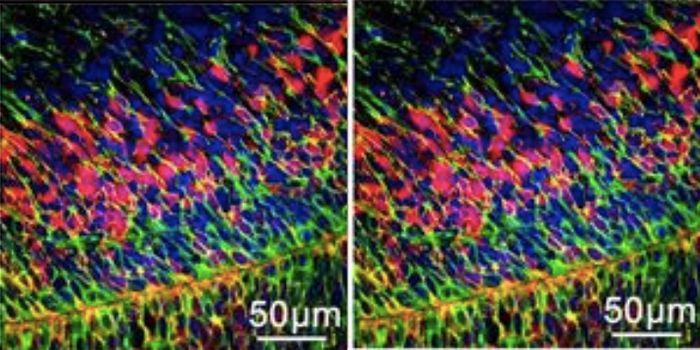The Oat Genome Reveals Why It's Good for the Gut
You may have heard of haploid and diploid species, which carry one set of unpaired chromosomes, or two sets chromosomes, respectively. Human beings are diploid, for example. But cultivated oats (Avena sativa L.) are allohexaploid; the cells of these domesticated plants carry six sets of chromosomes. Its thought that oats were domesticated about 3,000 years ago, and they have a complex evolutionary history. Now reporting in Nature, researchers have deciphered this complex genome, which contains about 80,000 genes. The work has produced a reference genome, and provided new insights into the health benefits and growth of oats. The findings may help researchers develop new varieties that can grow in a changing climate, and provide more nutrition.
Though oats are part of the grass family (Poaceae), which also includes barley, rice, wheat, sugarcane, and, maize, these plants can be very different.
The sequence of a genome and the genes within can help researchers begin to identify which genes are responsible for which traits. In this study, the researchers were especially curious about why wheat and rye can cause more allergies and may be tougher for people to tolerate compared to oats, noted Professor Michelle Colgrave of Edith Cowan University and Australia's national science agency CSIRO. The study showed that oats don't have as many gluten-like proteins as wheat does; in oats, there aren't as many genes or proteins that correspond to gluten. The gluten in wheat can trigger severe immune reactions in some people, like those with Celiac disease.
Individuals who have eliminated many grains from their diets because they don't tolerate them can have a higher risk of heart disease. The research indicates that people with gluten intolerance can include oats in their diets, noted Associate Professor Jason Tye-Din, of the Walter and Eliza Hall Institute of Medical Research.
"The findings from this study tells us that the genes encoding potentially harmful gluten-like sequences are infrequent, expressed at low level and the sequences themselves [are] less likely to trigger inflammation," Tye-Din added. From a genetic and proteomic standpoint, oats are more similar to rice than wheat.
Oats also carry more genes that produce beta-glucans, which are known to lower cholesterol levels and improve the health of metabolic disease patients.
Oats are not only better for health, they can also be better for the environment. Compared to other cereal crops, oat cultivation needs less fungicides, fertilizers, and insecticides. This study could pave the way to creating even better varieties of oats that are drought-resistant and more sustainable.
Sources: Edith Cowan University, Nature









